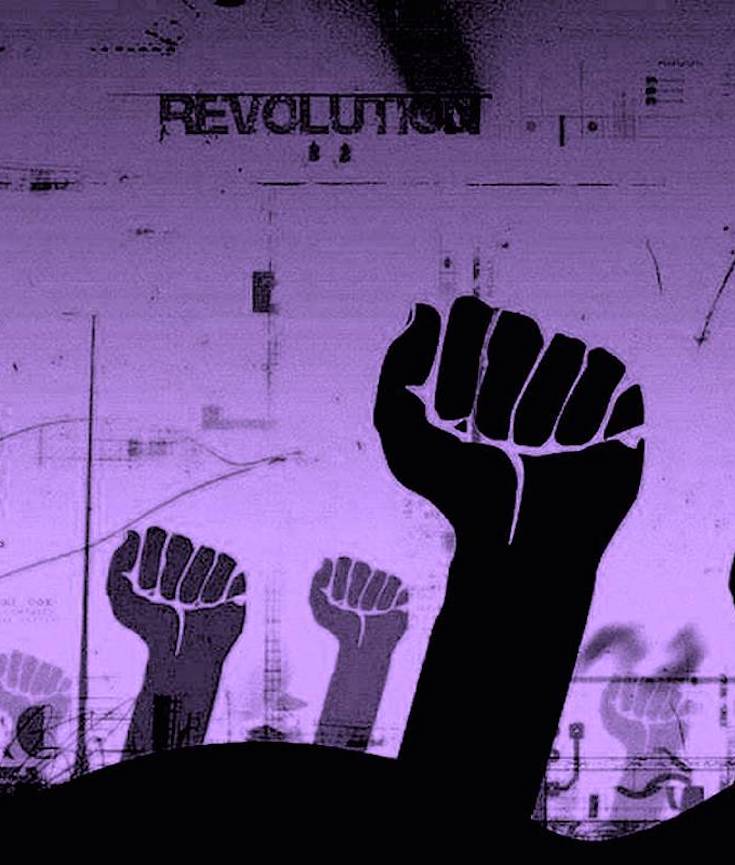I’ve never been punched in the face. Not in an actual fight, at least. I’m not much of a fighter, I suppose… more of an “arguer.” I don’t think I’m “scared” to get into a fight, necessarily — there have been many times I have put myself in situations where a physical fight could easily have happened.
I just can’t see myself ever being the guy who throws the first punch, and I’m usually the kind of guy who DE-escalates things with logic or humor. And one of the things about being that sort of person, is that the other sort of guy — the sort who jumps into fights quickly — tends to not really be a big fan of me. Not when he first meets me, at least. They usually like me later. Not always. You can’t win ‘em all…
When I moved to Nashville, I didn’t really know anyone. I got a job as a server on my second day here. And before long, I was one of the servers the management favored, which meant I got better shifts, better sections and better money.
About nine months after I had been there, a new guy started. We instantly disliked each other. He didn’t like my smart mouth, and I didn’t like how he walked in and immediately acted like he owned the place. He carried himself with this annoying confidence — like it was his world, and he would tolerate our being in it, as long as we stayed out of his damn way.
[mc4wp_form id=”6042″]

Black Lives Matter (BLM) is an international activist movement, originating in the African-American community, that campaigns against violence toward black people. BLM regularly organizes protests around the deaths of black people in killings by law enforcement officers, and broader issues of racial profiling, police brutality, and racial inequality in the United States criminal justice system.
In 2013, the movement began with the use of the hashtag #BlackLivesMatter on social media, after the acquittal of George Zimmerman in the shooting death of African-American teen Trayvon Martin. Black Lives Matter became nationally recognized for its street demonstrations following the 2014 deaths of two African Americans: Michael Brown, resulting in protests and unrest in Ferguson, and Eric Garner in New York City.
Since the Ferguson protests, participants in the movement have demonstrated against the deaths of numerous other African Americans by police actions or while in police custody, including those of Tamir Rice, Eric Harris, Walter Scott, Jonathan Ferrell, Sandra Bland, Samuel DuBose and Freddie Gray. In the Summer of 2015, Black Lives Matter began to publicly challenge politicians—including politicians in the 2016 United States presidential election—to state their positions on BLM issues. The overall Black Lives Matter movement, however, is a decentralized network and has no formal hierarchy or structure. (Wikipedia)


You must be logged in to post a comment.